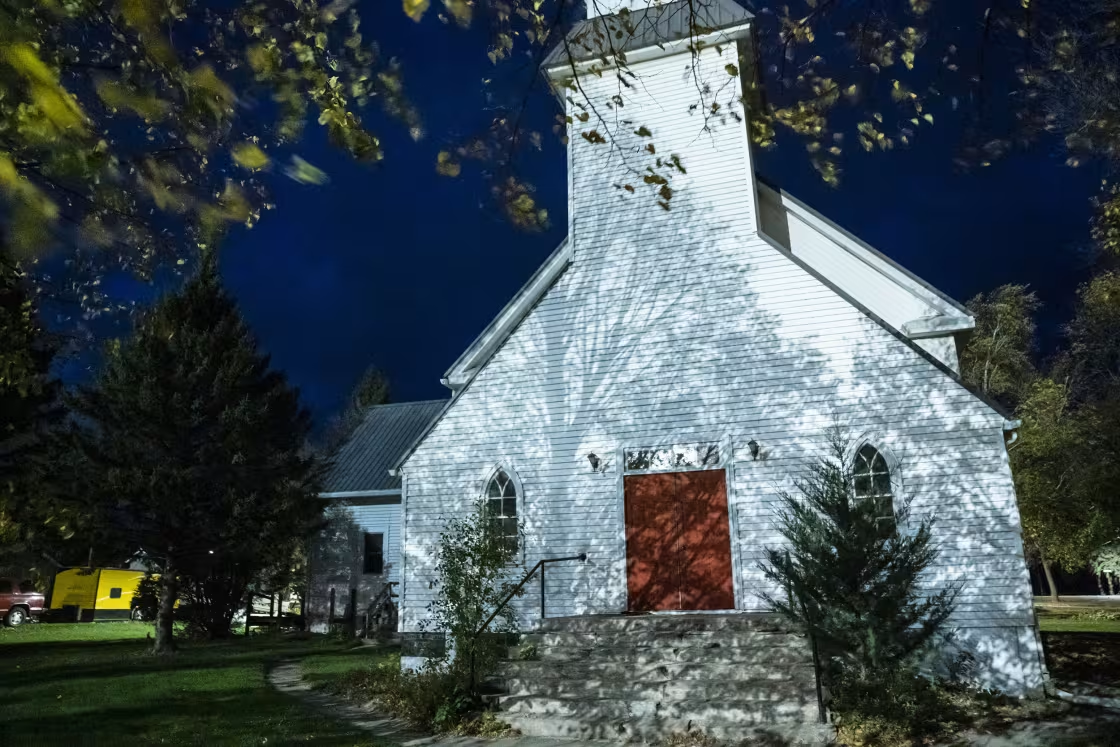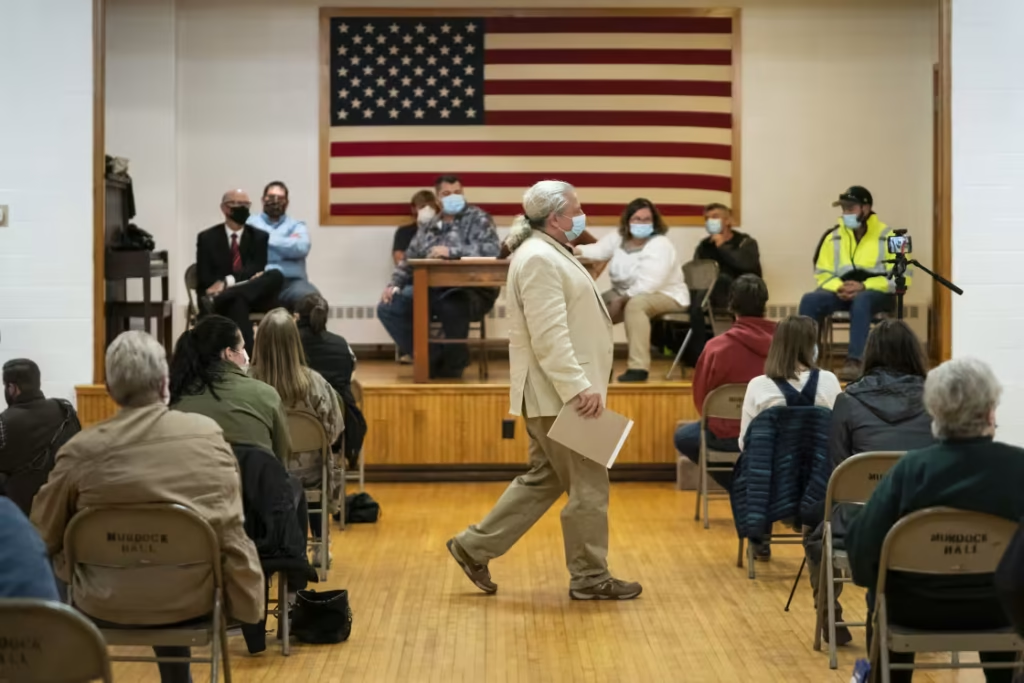Town gives go-ahead to whites-only church and somehow still claims racism has nothing to do with it

When the doors of a new church open in Murdock, Minnesota, only white individuals will be allowed to enter. That’s the message coming from the Asatru Folk Assembly, a group practicing a pre-Christian Norse religion, after the city council approved their conditional use permit to operate in the small farming town. Though legally permitted, the decision has sparked national backlash and deep concern among many residents, who say the group’s racial exclusivity doesn’t reflect Murdock’s values.
Opposition has been swift and loud. Over 50,000 signatures have been collected through an online petition demanding the permit be revoked. “I think they thought they could fly under the radar in a small town like this, but we’d like to keep the pressure on them,” said Peter Kennedy, a longtime Murdock resident. “Racism is not welcome here.” Many locals say they support the area’s growing Latino population, which makes up about 20% of the town, far more than they support a church that bars non-white members.

The Southern Poverty Law Center has labeled the Asatru Folk Assembly a “neo-Volkisch hate group,” citing its focus on European bloodlines and white identity. Despite this, the group denies being racist. “We’re not. It’s just simply not true,” said Allen Turnage, an AFA board member. “Just because we respect our own culture, that doesn’t mean we are denigrating someone else’s.” The group promotes a return to Norse gods and traditions, describing their ancestors as “Angels and Saxons, Lombards and Heruli, Goths and Vikings,” and asserting they are united “by ties of blood and culture.”
Some in Murdock, like Jesse James, have publicly defended the group’s right to exist. “I do not wish to follow in this pagan religion, however, I feel it’s important to recognize and support each other’s beliefs,” he wrote on Facebook. But the majority, including council member Stephanie Hoff, who cast the only dissenting vote, disagree. Hoff believes the permit could have been fought in court on the grounds of emotional and mental harm to the community. “I felt that we had a case,” she said.
Murdock’s city council approved the permit in a 3-1 vote, with Mayor Craig Kavanagh stating that they did so out of legal obligation to avoid costly litigation. “We were highly advised by our attorney to pass this permit for legal reasons to protect the First Amendment rights,” he said. City Attorney Don Wilcox noted that, regardless of town sentiment, “you can’t just bar people from practicing whatever religion they want or saying anything they want as long as it doesn’t incite violence.”
Legal scholars are split on whether the town had other options. Some believe federal protections under the Religious Land Use and Institutionalized Persons Act made rejection risky. Others, like constitutional law professor David Schultz, argued the council could have used zoning grounds to deny the permit without referencing religion. Harvard’s Laurence Tribe went further, saying, “No institution that proposes to exclude people on account of race is allowed to run an operation in the state of Minnesota,” and suggested the property transaction could have been challenged under anti-discrimination laws.
The decision has drawn criticism far beyond Murdock. “It’s ironic the city council didn’t want to commit discrimination against the church, but the church is discriminating against Blacks,” said Abigail Suiter of Iowa. “It’s very telling of where the priority is and whose lives matter.” Mayor Kavanagh maintains that the council acted only to protect the town from legal jeopardy. “Just because we voted yes doesn’t mean we’re racist,” he said. “The biggest thing people don’t understand is, because we’ve approved this permit, all of a sudden everyone feels this town is racist, and that isn’t the case.”



